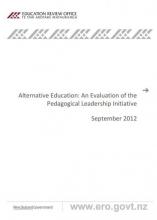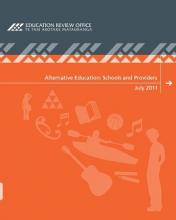Learning to learn
Clarity of expectations within a supportive environment are key to scaffolding children into the behaviours of effective learners. Those expectations are realised through structures and processes that ensure everyone knows what to do to achieve success.











